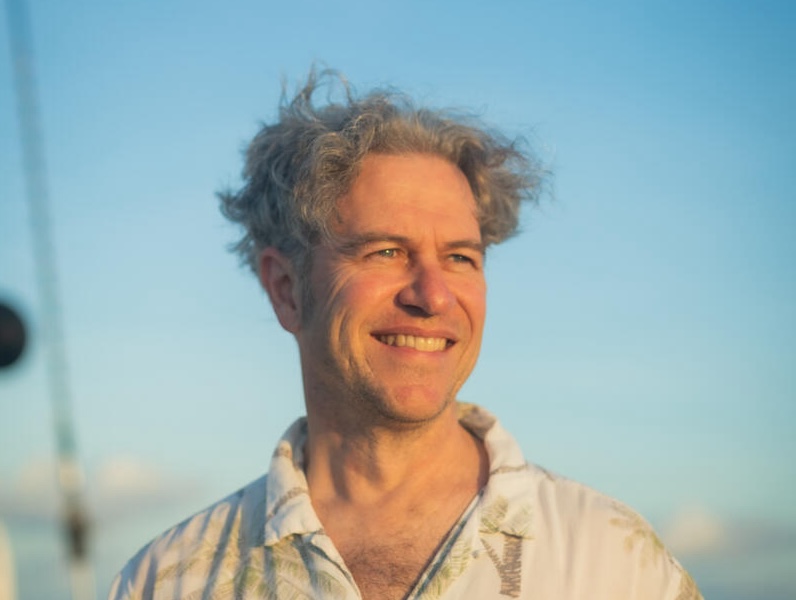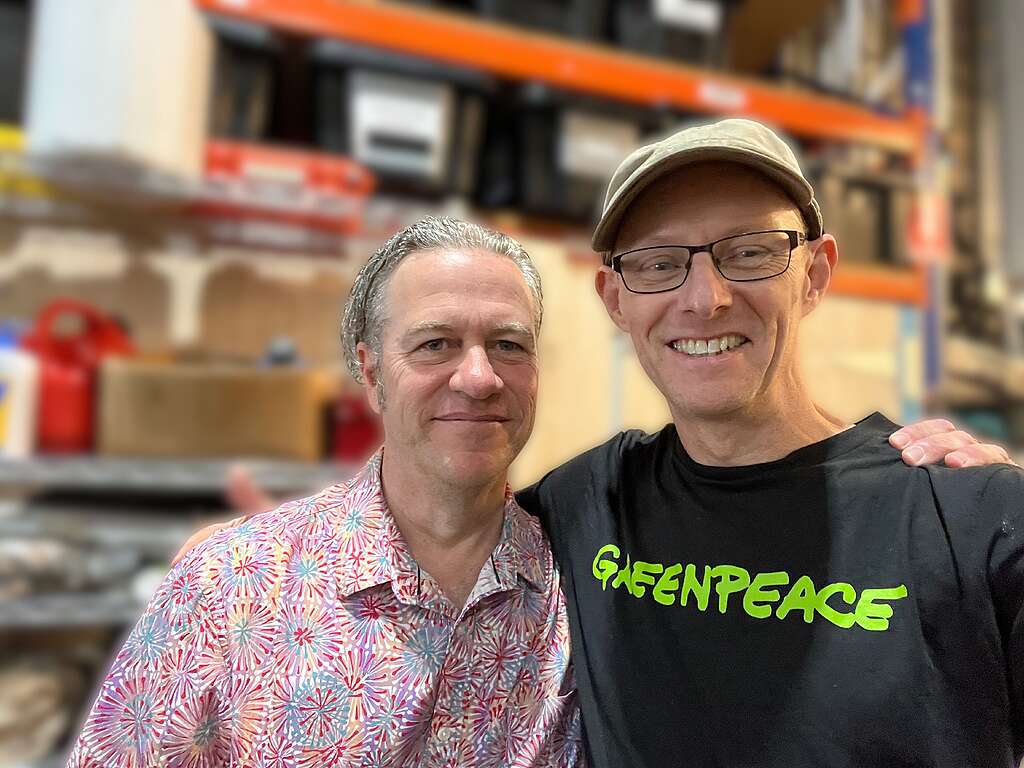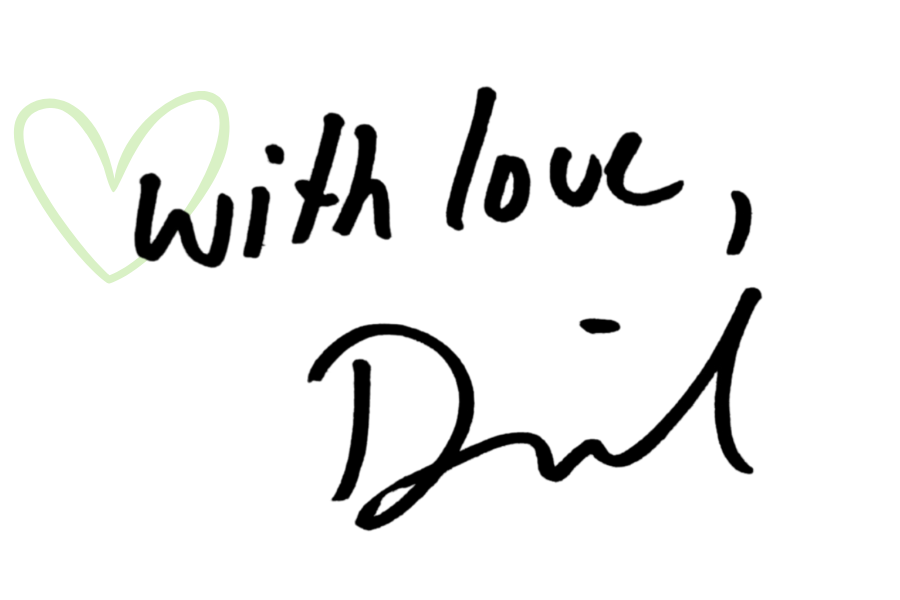
Saying ‘hello’ and ‘goodbye’ are two of the most significant things that we do in life.
These words mark the beginning and the end of every relationship—from the defining connections with those whom we most love, to transient encounters with strangers.
This month, I am saying a workplace ‘goodbye’ to one of my closest colleagues. His name is Terry, and he’s been with Greenpeace in various roles for a quarter of a century.
You are unlikely to have ever had a communication from Terry, because his work has largely been behind the scenes. An accountant by training, Terry has been GPAP’s chief operating officer and company secretary for around the last nine years.
Terry is originally from Townsville and still speaks with a broad North Queensland accent. He comes across as modest and unassuming when you meet him; considered, gentle and careful of emotions. Not usually effusive of expression – though he’s got a dry sense of humour and can break out in a huge smile when the occasion is right.
When I began with Greenpeace Australia Pacific in 2012, Terry’s ‘hello’ and ‘welcome’ were polite, but in all honesty, not exactly warm.
In one of our earliest conversations, Terry asked me straight up about my commitment. Was this just a job or did I really care about Greenpeace? Was I going to stick around? Although slightly taken aback, I gained a clear sense of my new colleague’s dedication, and did my best to offer him some reassurance of my intentions. Twelve years later, Terry himself reckons he can’t really remember that particular chat.
Greenpeace is fiercely independent—we take no funding from any government or business—and are powered only by the support of people who freely choose to donate money in support of the cause. There is a deep bond of trust that accompanies this precious, powerful alchemy. Terry has been a guardian of the systems of governance and administration which underpin that covenant. I can’t imagine a person serving the role with greater integrity, never losing sight of the purpose of Greenpeace.
There are many ways to be part of things. Not everyone can serve the cause of the Rainbow from on a ship or in front of a camera. Terry’s dedication has largely been at the desk. Movements for change also rely on their accountants. Every peaceful revolution needs someone to keep track of the coins, make sure the laptops work, and all the other essentials that enable impact. Sound financial management is a radical endeavour when the objective is to change the world.
And in a context in which politicians and fossil fuel companies are increasingly aggressive in their attacks on environmentalism, Terry’s role has been all the more vital.
Terry’s resignation email to the team began with the words, “I love Greenpeace”. That much has always been abundantly clear to his closest colleagues. So often, he’s done the unnoticed and thankless things for the cause, across long hours and many years. His first time on the Rainbow Warrior at sea was last year—in his twenty-fourth year with Greenpeace.
Terry tells me that he is not sure what he is going to do next. To be honest, I am not sure either, because I have never worked at Greenpeace Australia Pacific without him at my side.
What I do know, though, is that there is no one path for how you get to the moment. Someone new will come through the door. And when they arrive, I am looking forward to saying ‘hello’ to them.
The work of love is handed on. The mission, the dream, the shared labour of love for life on earth that is the purpose of Greenpeace goes on, greater than us all. The work is handed onwards. And to Terry, who has carried this particular flame for the last 25 years, I want to say with the deepest appreciation and admiration:
Go well mate, with abiding love and respect. It has been an honour.

Q&A
I am incredibly grateful—and moved—by all the responses I received to the first letter. Thank you. It feels great to have started the conversation.
Natalija from WA wrote in for some advice on how to save a magnificent 100-year old tree, home to red-tailed cockatoos and native bees, from the developer’s chainsaw.
I’d like to answer this question by going back to some first principles of campaigning—that will hopefully be applicable to the campaign to save this one tree, as well as to other environmental issues, both great and small.
A campaign usually requires us to answer four questions.
First, what do we want to achieve? (In this case, we want to save the tree from being cut down).
Second, what decisions need to be made to secure this objective? (Here, perhaps the local council must intervene in the developer’s plans, or state authorities might be able to intervene if the tree is protected under relevant laws, or the developer might decide they no longer want to proceed because of potential damage to their reputation.)
Third, what conditions would lead to such a decision being made? (For instance, what level of community activity, such as protests and petitions, would create the necessary amount of public pressure; what stakeholders might become involved to persuade decision makers; are their legal options and so on.)
Fourth, what resources are necessary – in terms of knowledge, time, people, money, skills – to deliver the strategy and tactics that have just been identified. For those who like things expressed as formulas, this ends up looking like:
If we have four, then we can deliver on three, to persuade two, in order to achieve one.
Of course there is enormous subtlety and a large number of variables in even the simplest campaign, so remaining flexible and being prepared to evolve campaign tactics is also essential. And there are lots of great resources out there on the web: Chris Rose’s How to Win Campaigns website, for example.
All the very best to you in protecting the trees of your community, Natalija, and to everyone else seeking to make positive change in the world.
If there is anything that you are curious about, then please let me know by return email, and I’ll do my best to answer.
I also want to say farewell for 2024. Not ‘goodbye’, though, just a ‘see you next year’. I’m taking some weeks of leave over summer, but will write again in February.
I hope we have a relatively kind summer and that you stay safe, and are able to spend time with the people and places you love. Despite everything, there is so much that is wondrous and beautiful which still grows and thrives across our troubled earth.



